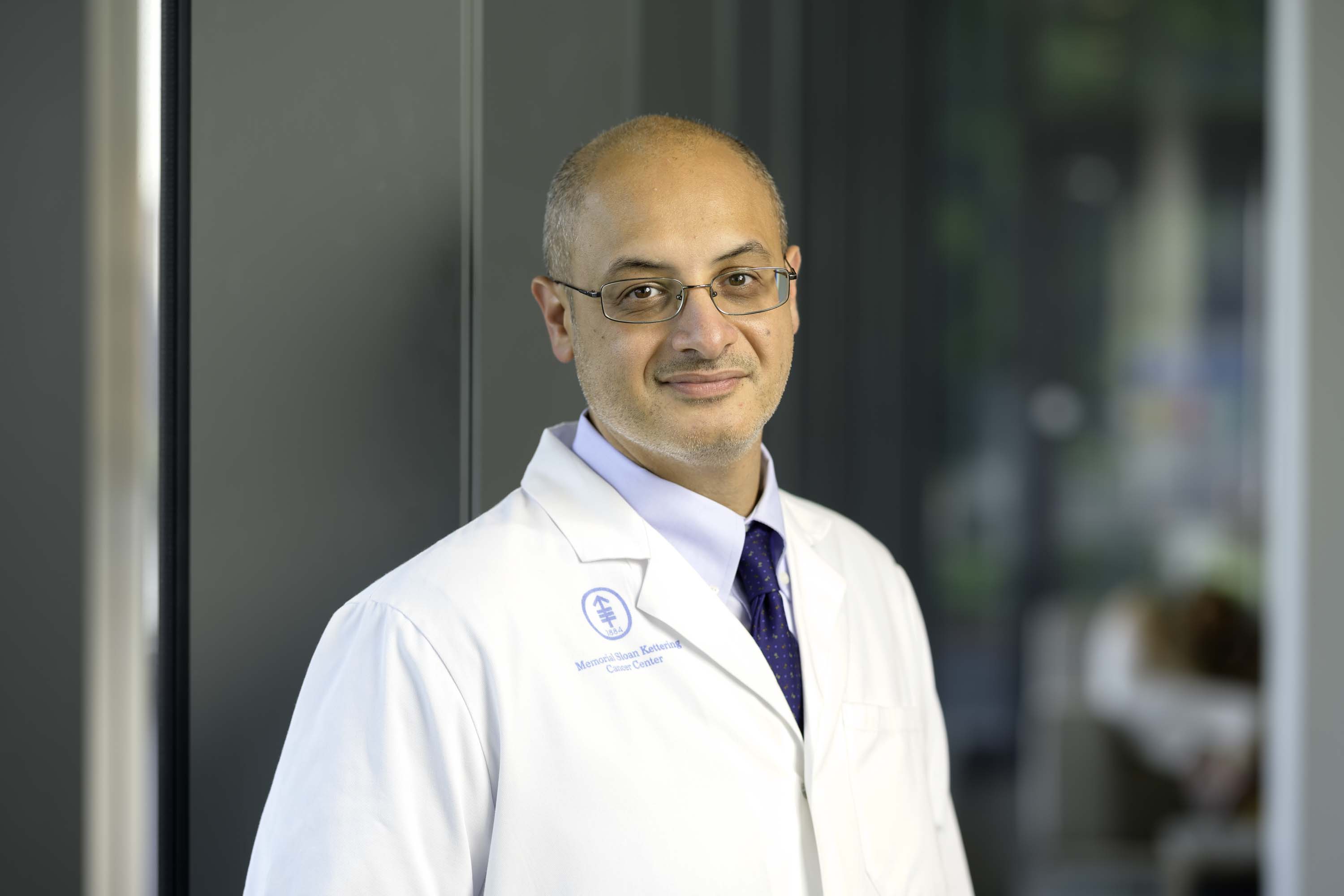
Bio

Regulation of post-ischemic inflammation in brain injury and repair
Inflammation is a central aspect in the pathophysiology of stroke, the third leading-cause of death and serious disability in US and western countries. Although numerous experimental studies based on immune modulatory therapies have shown promise, attempts to use such strategies in the clinic have not been successful. One of the main reasons is our poor understanding of the postischemic inflammation process. The inflammatory response is initiated during the early phase of ischemia by activation of intravascular immune cells and circulating humoral factors (e.g. complement system and coagulation cascade) as well as the vascular endothelium creating an environment that leads to blood brain barrier breakdown. Inflammatory molecules generated in the vasculature can consequently reach perivascular cells (i.e. perivascular macrophages, mast cells and glia limitans) resulting in an amplification of the inflammatory signals. This sets the stage for activation of microglia, the main brain-resident immune cell, and the infiltration of various blood born leukocytes, that play a crucial role in the development of the ischemic injury but may also contribute to the resolution of inflammation and postischemic tissue repair. Applying anti-inflammatory therapies that indiscriminately target both branches of the immune response might therefore not be successful.
One focus of our laboratory is to investigate how peripheral immune cells help to limit inflammatory tissue damage and contribute to the repair process.
Our laboratory also aims at understanding endogenous neuroprotection. The brain is equipped with a remarkable capacity to mount self-protective programs that are tuned to limit the deleterious effects of ischemia, commonly referred to as endogenous neuroprotection. These protective programs can be invoked by preconditioning (PC) stimuli that is the application of sublethal stressors, resulting in cerebral ischemic tolerance (CIT). In this research project we test the hypothesis that immune cells outside the brain play an essential role in establishing CIT and we investigate the molecular mechanisms that trigger this response.
